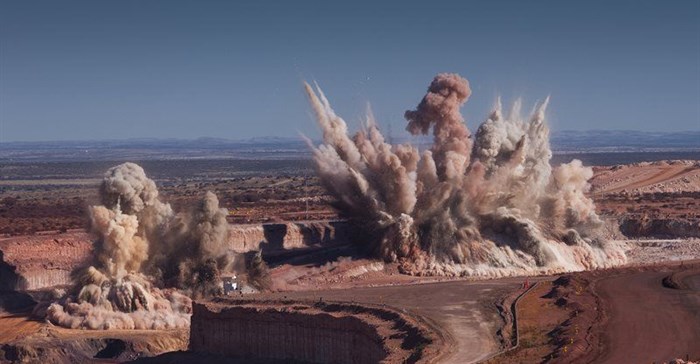
Anglo American is interested in exploration opportunities for base metals like copper – within South Africa - including the Northern Cape - and in the rest of Africa, the company's CEO, Mark Cutifani said in his address.
“At the conference, Australia-listed Orion Minerals reported good progress on its brownfields Prieska copper-zinc project in the Northern Cape. Managing Director Errol Smart was also upbeat about government’s role in supporting exploration in the province, and he expected to see much more exploration there in the near future – which could bring a range of economic benefits even in the short-term," says Joseph Mainama, principal mining engineer at SRK Consulting.
He notes similar positive messages from Vedanta Zinc International, which is planning a smelter in the Northern Cape. There was also encouraging news from a demand perspective. Andre Joubert, chief executive of African Rainbow Minerals’ ferrous division, highlighted a current under-supply in the iron ore market – putting pressure on miners to find replacement ore from Northern Cape mines.
“Presentations like these suggest that the province certainly has much to offer in terms of mineral investigation. In his talk on the area’s geological potential, Council for Geosciences CEO Mosa Mabuza highlighted preliminary observations for potential in nickel, chrome, cobalt, pegmatite and lithium," Mainama says.
Infrastructure development remains a vital imperative for mineral development in the region, especially rail capacity for bulk minerals. The more efficient and cost-effective the infrastructure, the lower the grade of deposit that could be viably exploited.
Proactive state interventions to constantly improve rail capacity, as lack of capacity can place mining projects in a Catch-22 situation. "“Without existing rail capacity at a defined cost, for instance, it becomes difficult to raise the equity required that would make the signature of take-or-pay agreements possible," Andrew van Zyl, SRK Consulting director and principal consultant.
There is good news for South Africa’s mining future from emerging technologies, however. He said the potential for underground mining is being enhanced by remote technologies and the improvement of underground communication and visualisation.
“This is important, as underground ounces tend to have a smaller carbon footprint and above-ground social and environmental impact. Remote technology has the potential to bring in a new generation of underground mines by addressing a key stumbling block: safety.”
Glen Mc Gavigan, Kumba Iron Ore’s executive head of technical and projects, pointed to the Northern Cape’s potential for solar-generated electricity, as the region is the second most intense solar area in the world after the Nevada desert. This presents opportunities for mines to generate renewable energy for their operations, an important step in addressing power issues that discourage mining investment.
“Along with the use of hydrogen for energy delivery and energy storage, renewables represent an exciting new frontier in cleaner and more efficient mining,” he said. “It could even become a cheaper source of energy for mines, which could arrest years of steadily increasing energy costs that mines have had to endure," Van Zyl says.
.